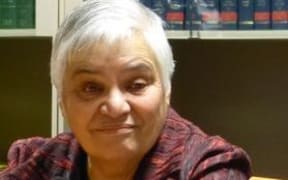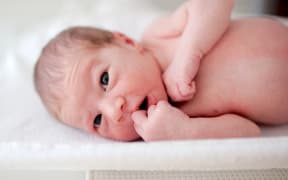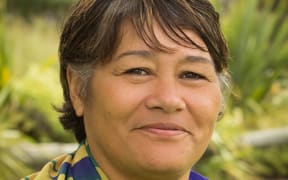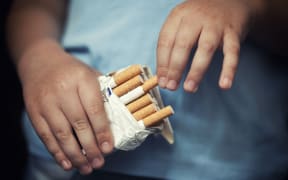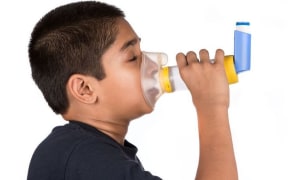The wellbeing of young Māori has improved but they are still twice as likely as Pākehā children to experience significant hardship, a report shows.
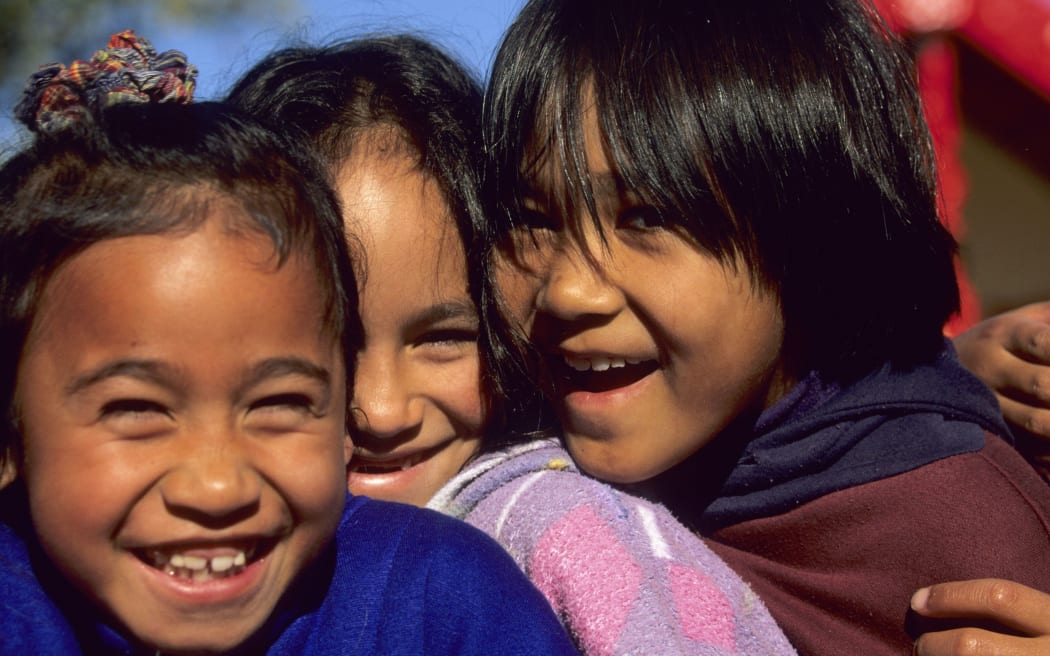
There has been an improvement in wellbeing for Māori children, but they still had the worst indicators overall (file photo). Photo: AFP
The new report by the University of Otago-based Child and Youth Epidemiology Service used data collected by various agencies including the Ministry of Health, the Ministry of Education, Plunket, the police and Child Youth and Family.
Between 2011 and 2013, on average, 34 percent of Māori children and and 28 percent of Pacific children lived in households experiencing relative poverty, compared to 16 percent of European children. Overall, Māori children fared worse in most indicators.
But Mavis Duncanson, who co-authored the study, said the research had also found that fewer young Māori were smoking and there were falling hospitalisation rates for injuries caused by assault, neglect and maltreatment.
Overall from 1999 to 2013, the proportion of Year 10 students who were daily smokers declined, from 15.6 percent to 3.2 percent.
The proportion of Year 10 students who had never smoked increased, from over 30 percent in 1999 to about 75 percent in 2013.
The number of Māori students suspended from school halved, an increasing number of Māori pre-schoolers were getting early childhood education, and immunisation rates were on the rise.
"We've seen improvement in most indicators and I think this is something that perhaps we sometimes lose sight of - the proportion of Māori babies who are fully immunised has increased, and for young people also some really positive signs with more young people staying at school."
Dr Duncanson said one area in which there had not been any improvement was dental health, which had remained fairly static.
"Obviously there's been recent changes with looking at how fluoridation is managed in our communities, which will make hopefully some impact there."
There was still an equity gap between Māori and non-Māori children, with many lacking access to healthy food and warm housing, Dr Duncanson said.
The conditions in which children were born and grew up in had lifelong implications for their capacity to thrive in their communities, she said.
"The whole of society benefits when every child has that equitable access to the things that are really important: education, healthy housing, a safe environment and opportunity to actually participate fully in society."
